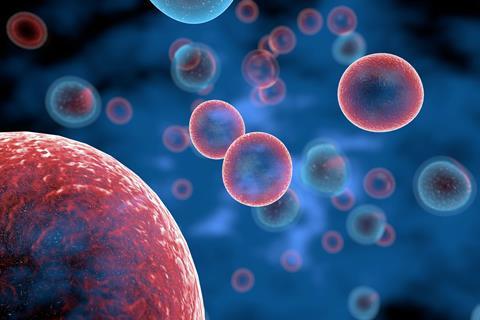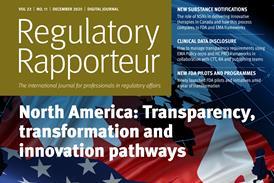MHRA cell therapy research is evaluating two different approaches to cancer therapies in order to secure reduction in side effects for patients.

The report: ‘Antibody conjugates for targeted delivery of Toll-like receptor 9 agonist to the tumour tissue’, includes MHRA research which suggests that genetically engineering antibodies used to activate and support the immune system improves their reliability and effectiveness.
Antibodies activate the immune system to fight disease and infection. Monoclonal antibodies are developed in a laboratory (MAbs) in order to be able to produce many copies of the naturally occurring antibodies and retain the same properties.
While natural antibodies are not always able to detect cancer cells, MAbs are being developed that can specifically recognise cancer cells, and once found will trigger an immune response against them.
Another approach to target cancer cells uses the immune system to target tumour cells using toll-like receptor (TLR) agonists which activate the proteins in immune cells that detect signs of infection, which again triggers an immune response. However, previously this method was only effective when the treatment was applied directly to the tumour.
Researchers found that combining TLR-agonists with MAbs that are specific to a certain cancer enabled them to better direct its targeting of tumour sites. This enhanced accuracy of treatment delivery will likely lead to reduced experience of side effects in many patients.
Dr Sandra S. Diebold, Principal Scientist in Immunotherapy and Biotherapeutics at the MHRA commented that, while further research is required to prove the benefits of a site-specific approach, this study takes them one step forward in achieving this aim for patients.
Further reading:


























No comments yet